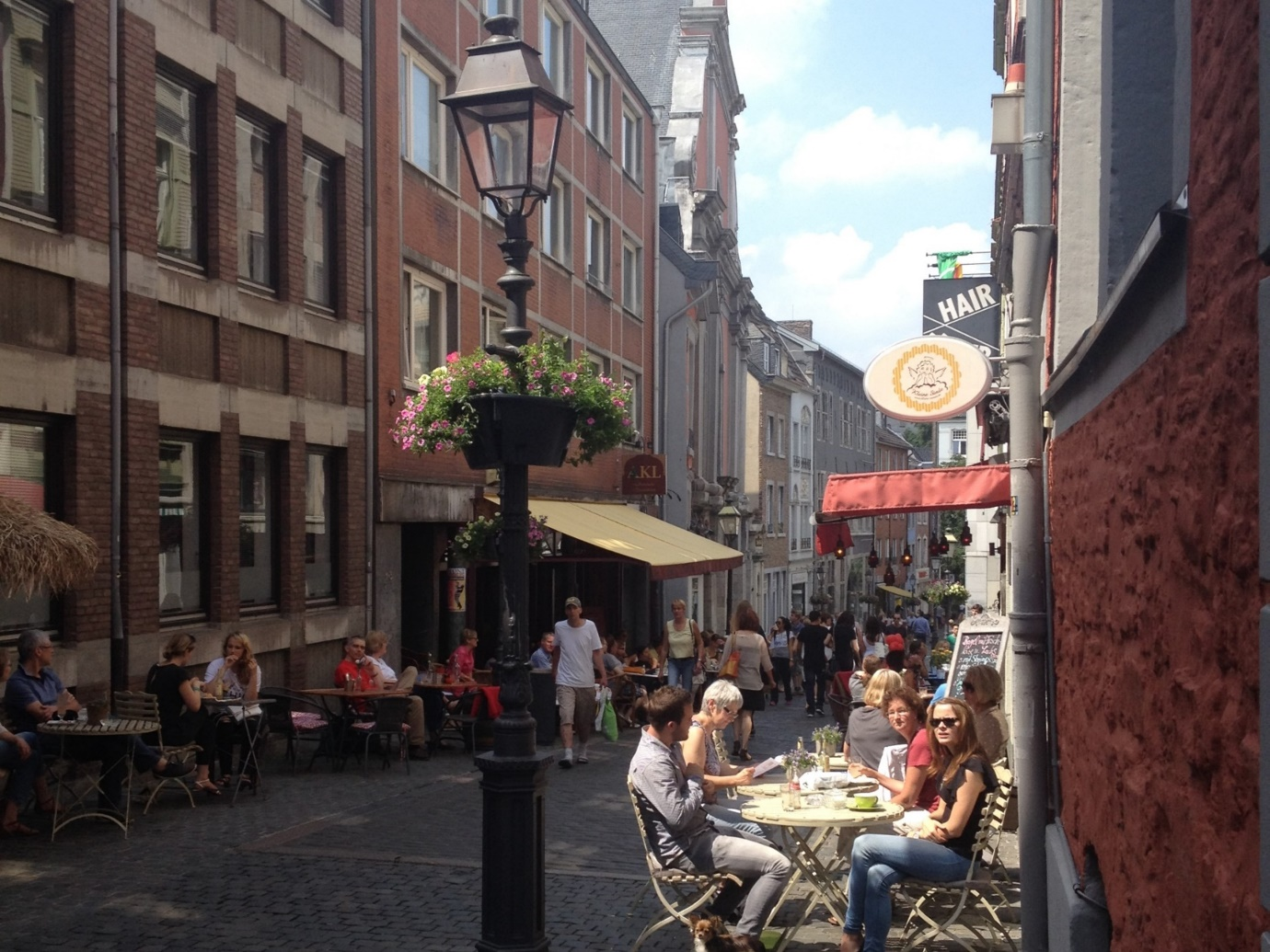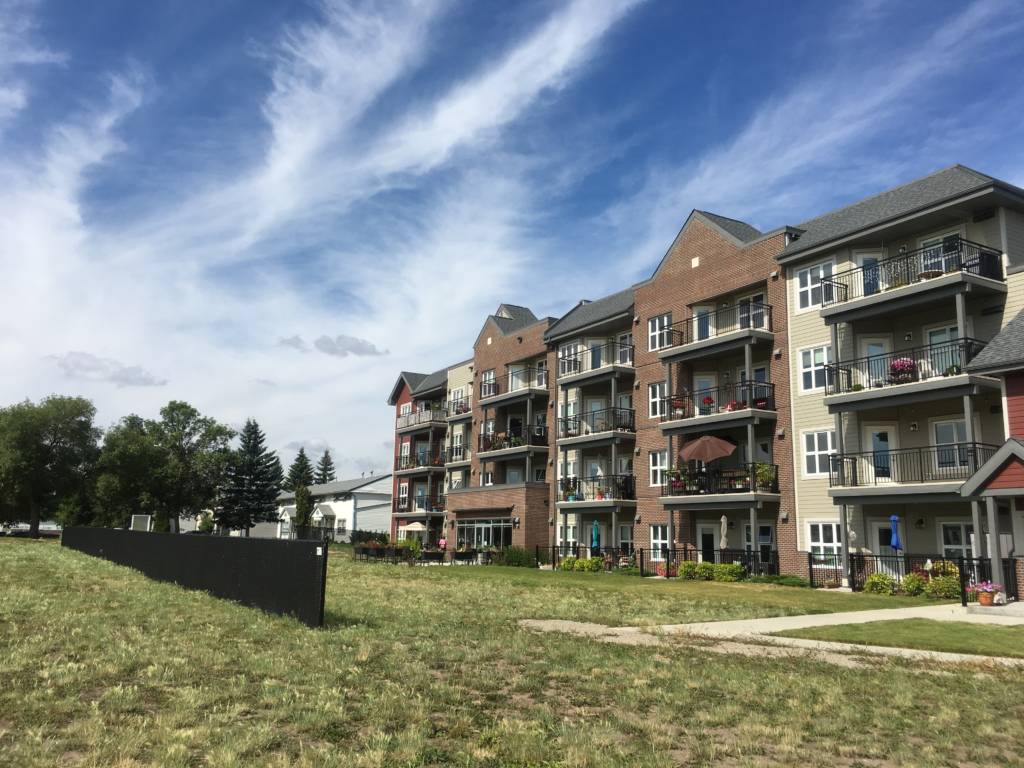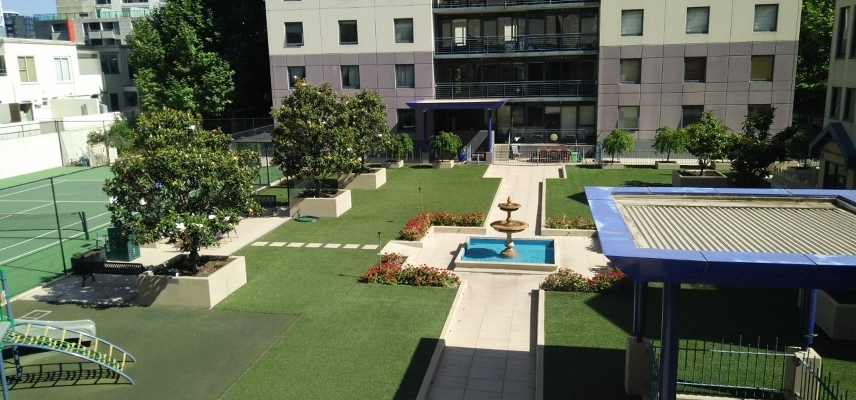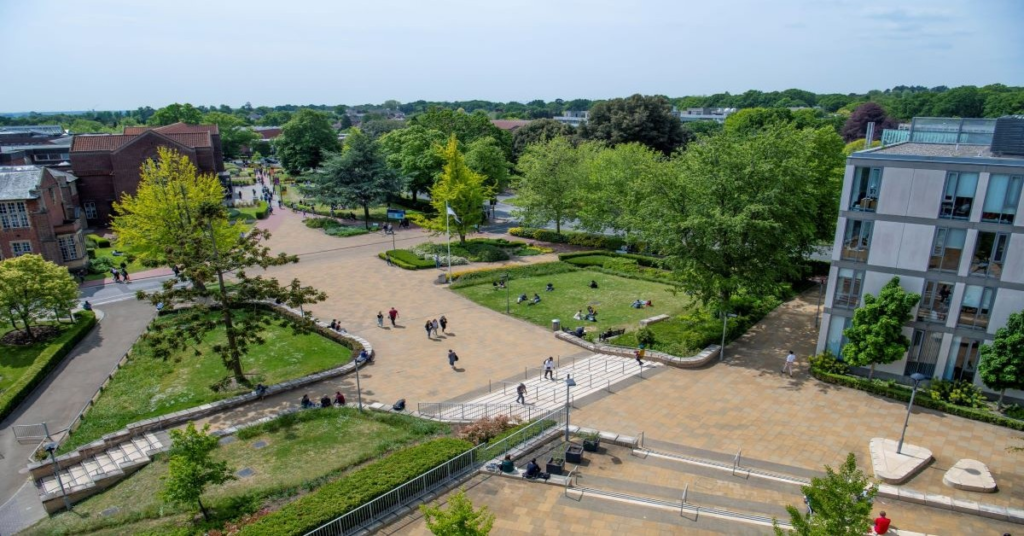City Know-hows

Urban design and planning, and associated policies, must enable and support a collective adaptation to climate change by responding to local needs. These needs can be identified through an urban comfort lens considering sociocultural preferences and needs which must inform urban design and planning practice.
Share
Target audience
Urban designers, urban planners, policy makers
The problem
Understanding the role of sociocultural values in promoting or inhibiting adaptation to microclimates can help improve urban design and planning in face of urban climate change contributing to social cohesion, resilience, and local economies. But while studies relating culture and thermal perceptions have gained attention in recent years, studies on collective cultural meanings of climate, weather and place that affect experiences and activities in urban spaces are rare, but essential to understand human adaptation capacity.
What we did and why
We focus on this gap and aim at investigating how people adapt to the local weather and climate to enjoy public spaces, and how this adaptation is collectively shaped by regional identity and culture. Through an interpretive analysis, we explore how Aachen’s public open spaces are used in respect to microclimate. Our main objective was to explore and highlight place-based aspects influencing adaptation to urban climates, to promote adaptation to climate (change) in general.
Our study’s contribution
Adaptive capacity is influenced by culture. We focus on a multi-cultural city to investigate how adaptive capacity can be enhanced by urban comfort in a multi-cultural context. We then highlight:
• The role of cultural background on people’s tolerance of urban microclimate conditions
• The role of urbanity on adaptation to urban microclimate, in comparison to places where nature are at the centre
• Urban comfort contribution to the design of resilient cities, adapted to climate change challenges
Impacts for city policy and practice
Results of our study show ways in which policy can enable and support the collective adaptation to climate change by responding to local needs, these needs can be identified through urban comfort. In addition, the regional approach enabled by urban comfort is an important dimension in addressing climate change to avoid generic strategies that are too high-level to be place-effective.
Further information
Full research article:
Urban comfort and adaptive capacity: an exploratory study of urban life and climate responses in Aachen, Germany by Silvia Tavares, Andreas Wesener, Runrid Fox-Kämper and Lisandra Krebs.
Related posts

Our ‘adaptive bubble strategy’ illustrates how older adults protect themselves from virus transmission and maintain healthy living activities and psychological wellbeing with the support of the built environment during COVID-19.

Apartment design guidelines in Australian cities should better consider the role of well-designed communal spaces to enable social connection amongst residents.

The COVID-19 pandemic restrictions and the switch to online learning impacted the life of university students. We looked at wellbeing in relation to use of greenspaces during the 3rd ‘lockdown’ in England.